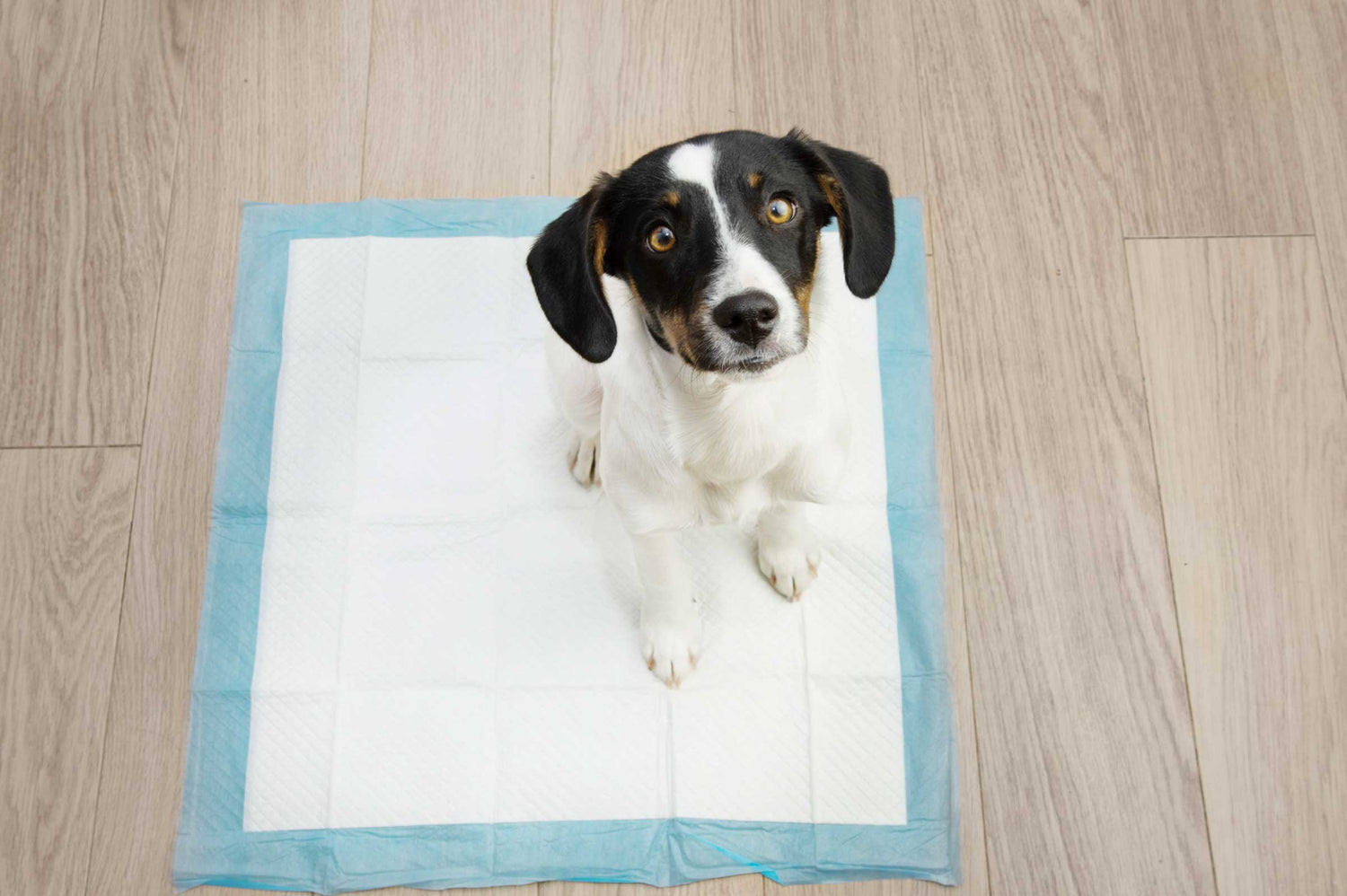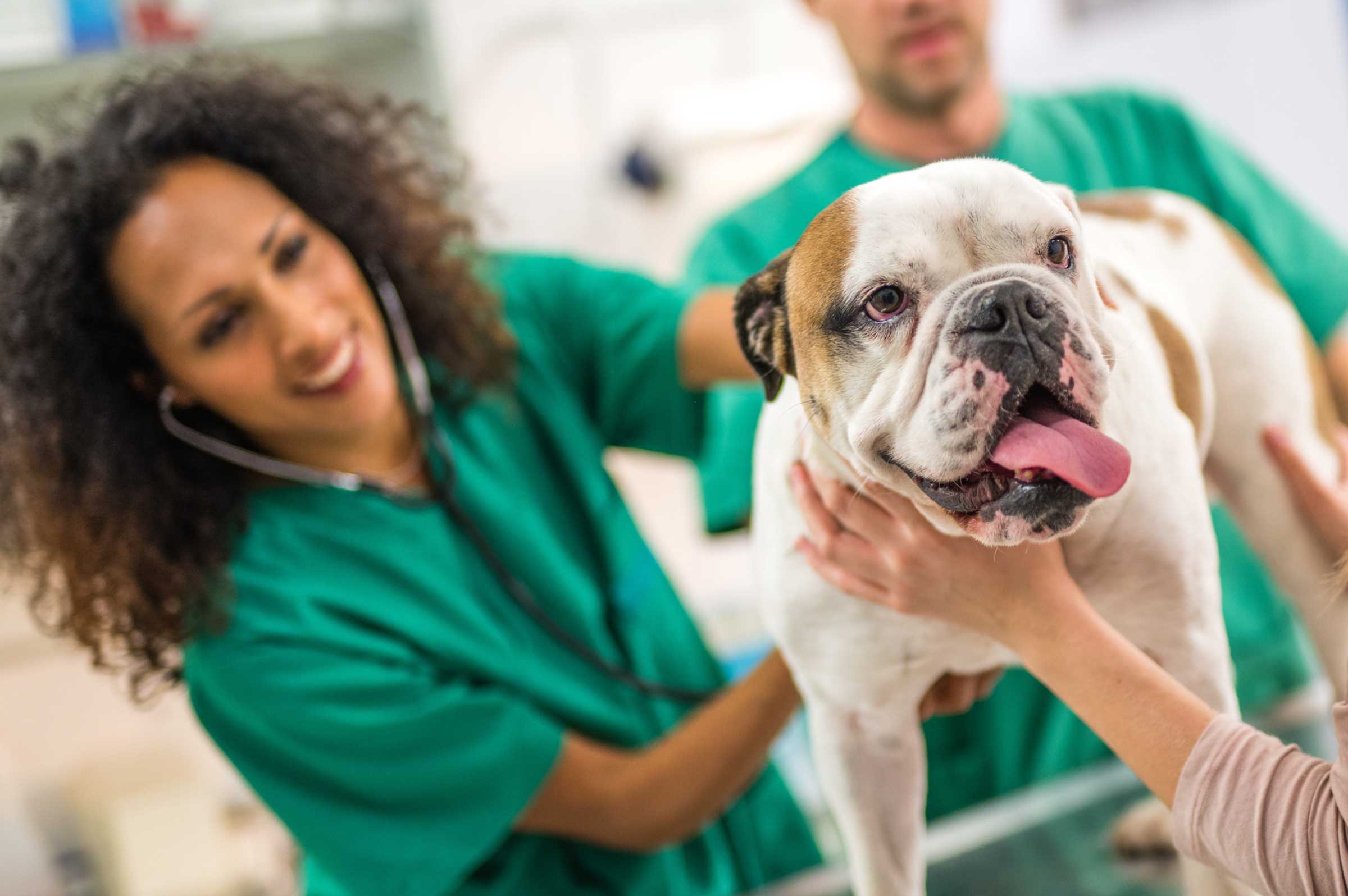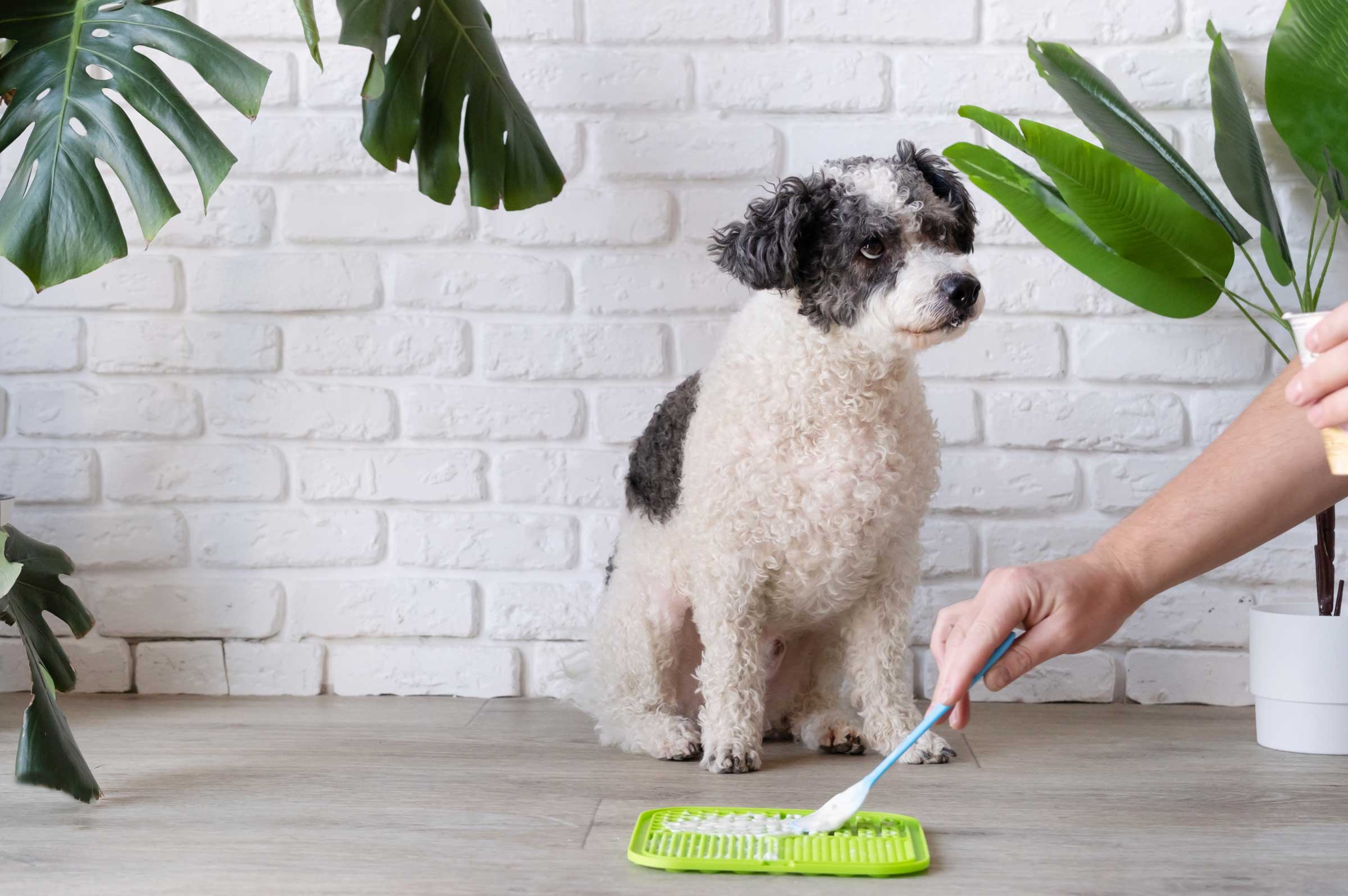Bringing a new puppy home is an exciting experience filled with joy and anticipation. Alongside the cuddles and playtime, one of the first challenges you'll face is potty training. Establishing good habits early on is essential for a harmonious life with your furry friend. This comprehensive guide will walk you through effective strategies to potty train your puppy in just a few weeks, setting the foundation for a well-behaved companion.
Potty training doesn't have to be a stressful ordeal. With patience, consistency, and the right approach, you can teach your puppy where and when to relieve themselves. Read on to discover practical tips and techniques that will make the process smoother for both you and your pup.
Understanding Your Puppy's Needs
Every puppy is unique, but all share common biological needs. Puppies have small bladders and high metabolisms, which means they need to eliminate frequently. Recognizing this will help you anticipate when your puppy needs to go, reducing the chances of indoor accidents.
Pay attention to signs that your puppy needs to relieve themselves. Restlessness, sniffing the ground, circling, or whining can indicate it's time for a bathroom break. By being attentive to these cues, you can guide your puppy to the appropriate spot before it's too late.
Establishing a Consistent Routine
Consistency is key in potty training. Establishing a regular schedule for feeding, playtime, and bathroom breaks helps your puppy understand what is expected of them. Take your puppy out first thing in the morning, after meals, after naps, and before bedtime.
Using the same door and taking your puppy to the same spot each time reinforces the routine. The familiar environment and scent will signal to your puppy that it's time to go. Over time, this consistency will help your puppy develop control and understand where they should eliminate.
Positive Reinforcement Techniques
Rewarding your puppy for desired behavior is one of the most effective training methods. When your puppy successfully goes potty outside, immediately praise them with enthusiastic words, petting, or a small treat. This positive reinforcement makes the experience enjoyable and encourages repetition.
Avoid punishing your puppy for accidents, as this can create fear and confusion. Instead, focus on celebrating successes. A happy, confident puppy is more likely to learn quickly and respond well to training.
Supervision and Confinement Strategies
Keeping a close eye on your puppy is essential during the potty training phase. Supervision allows you to notice signs that your puppy needs to go out and prevent accidents before they happen. If you can't supervise directly, confining your puppy to a safe, comfortable area can help.
Crate training can be a valuable tool. Dogs naturally avoid soiling their sleeping area, so a properly sized crate provides a space where your puppy feels secure and learns to hold their bladder. Remember to take your puppy out regularly to prevent discomfort.
Handling Accidents Calmly
Despite best efforts, accidents may occur. When they do, it's important to remain calm. Clean the area thoroughly with an enzymatic cleaner to remove any lingering odors that might attract your puppy back to the same spot.
Avoid scolding or expressing frustration. Instead, redirect your puppy to the appropriate place and reinforce positive behavior when they eliminate outside. Patience and understanding will foster a trusting relationship and promote faster learning.











